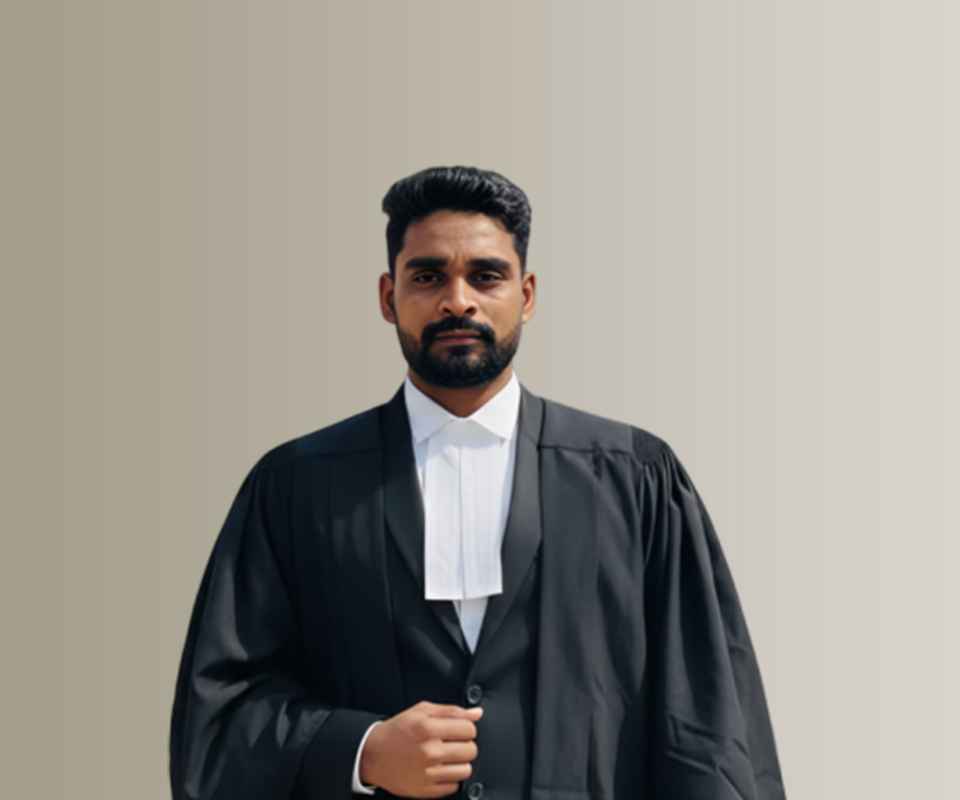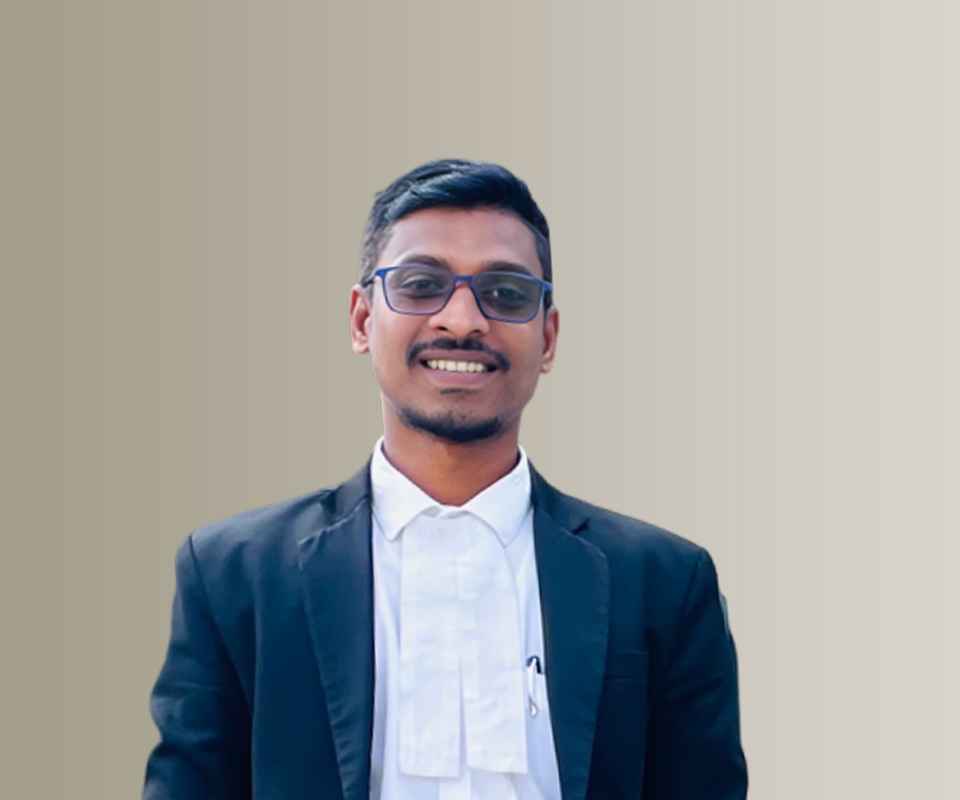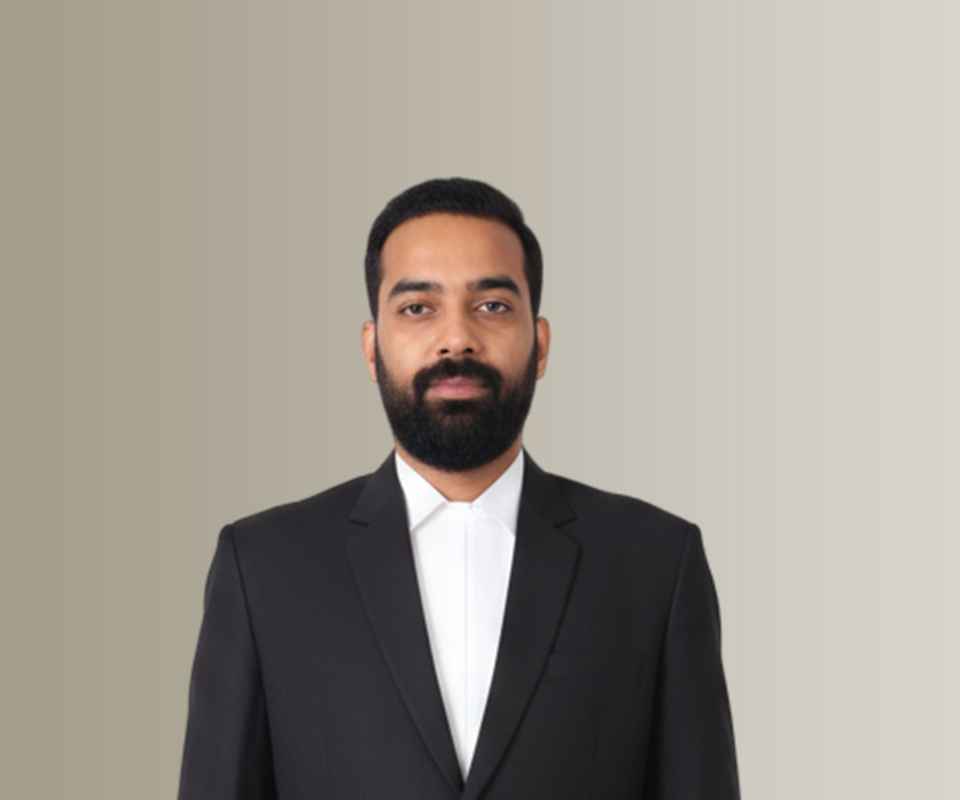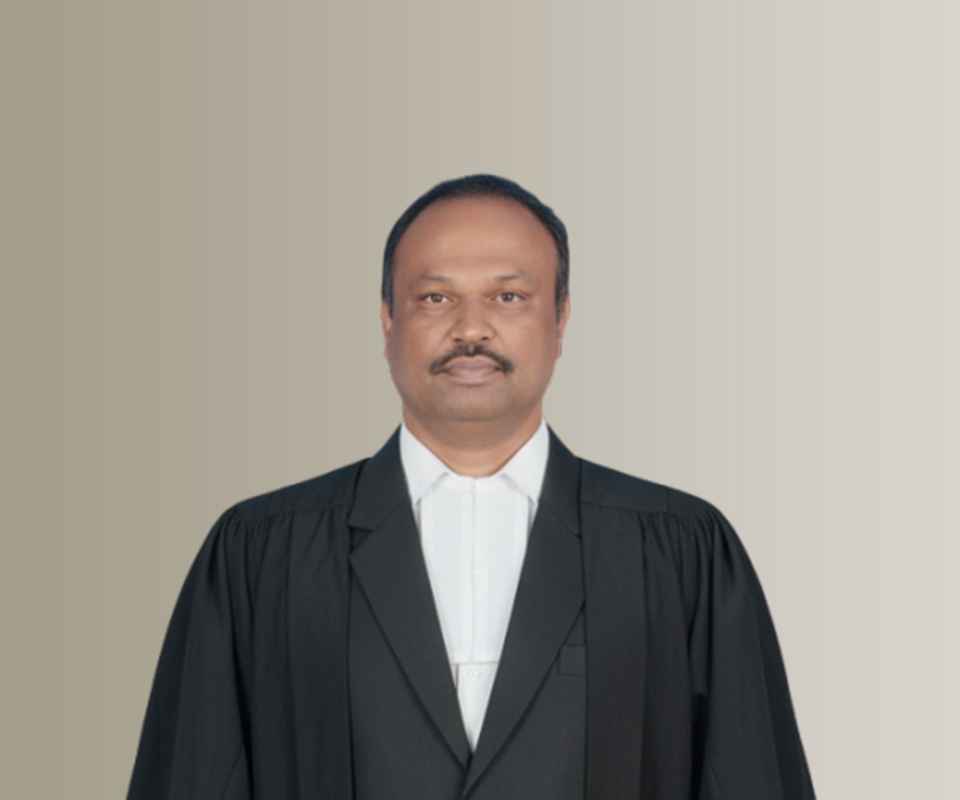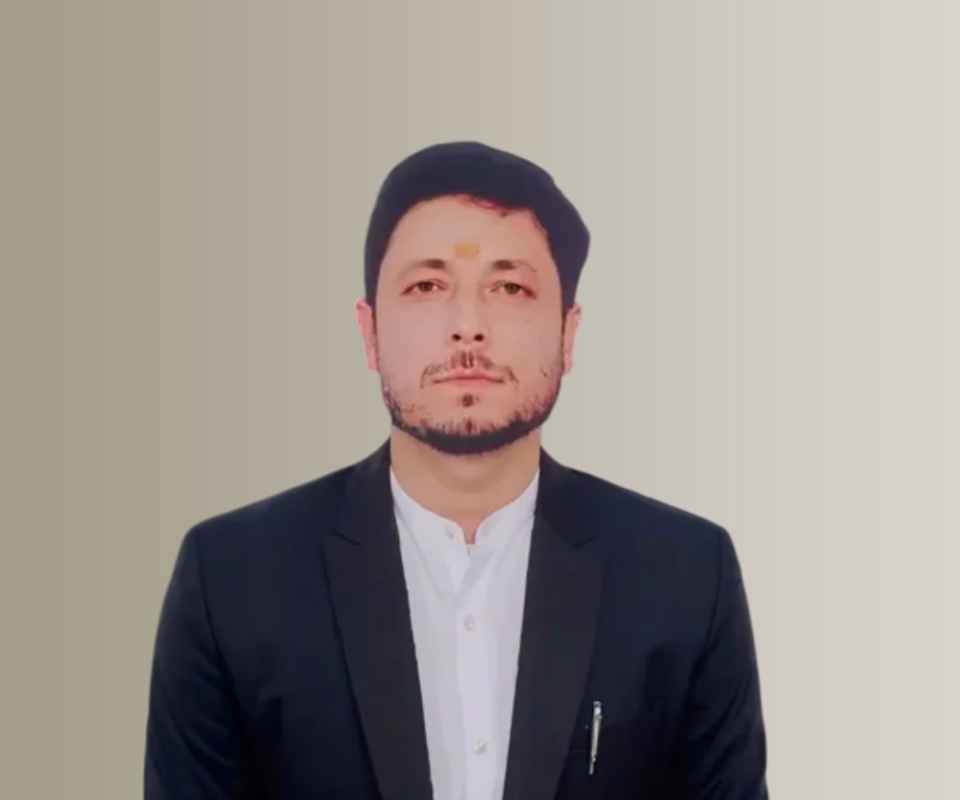Answer By law4u team
Bharatiya Nagarik Suraksha Sanhita, 2023 - Section 345: Trial of Person Not Complying with Conditions of Pardon
Where, in regard to a person who has accepted a tender of pardon made under section 343 or section 344, the Public Prosecutor certifies that in his opinion such person has, either by wilfully concealing anything essential or by giving false evidence, not complied with the condition on which the tender was made, such person may be tried for the offence in respect of which the pardon was so tendered or for any other offence of which he appears to have been guilty in connection with the same matter, and also for the offence of giving false evidence:
- Provided that such person shall not be tried jointly with any of the other accused.
- Provided further that such person shall not be tried for the offence of giving false evidence except with the sanction of the High Court, and nothing contained in section 215 or section 379 shall apply to that offence.
(2) Any statement made by such person accepting the tender of pardon and recorded by a Magistrate under section 183 or by a Court under sub-section (4) of section 343 may be given in evidence against him at such trial.
(3) At such trial, the accused shall be entitled to plead that he has complied with the condition upon which such tender was made; in which case it shall be for the prosecution to prove that the condition has not been complied with.
(4) At such trial, the Court shall—
- (a) if it is a Court of Session, before the charge is read out and explained to the accused;
- (b) if it is the Court of a Magistrate, before the evidence of the witnesses for the prosecution is taken, ask the accused whether he pleads that he has complied with the conditions on which the tender of pardon was made.
(5) If the accused does so plead, the Court shall record the plea and proceed with the trial and it shall, before passing judgment in the case, find whether or not the accused has complied with the conditions of the pardon, and, if it finds that he has so complied, it shall, notwithstanding anything contained in this Sanhita, pass judgment of acquittal.
Brief Detail
Section 345 of the Bharatiya Nagarik Suraksha Sanhita, 2023 outlines the procedure for trial of individuals who have accepted a pardon but allegedly failed to comply with its conditions. If a Public Prosecutor certifies non-compliance due to concealment or false evidence, the individual may face trial for the original offence and related charges. Key points include:
- The individual cannot be tried with other accused.
- Charges of false evidence require High Court sanction.
- Statements made during pardon acceptance may be used as evidence.
- The accused can plead compliance, shifting the burden of proof to the prosecution.
- The court must clarify the accused's plea before trial and will acquit if compliance is found.
Question & Answers
What happens if a person does not comply with the conditions of a pardon?
They may be tried for the original offence and related charges if certified by the Public Prosecutor.
Can the accused be tried jointly with others?
No, the accused shall not be tried jointly with any other accused.
Is High Court sanction required for trials involving false evidence?
Yes, a High Court sanction is required to try for the offence of giving false evidence.
Can statements made during the acceptance of pardon be used in court?
Yes, such statements can be used as evidence against the accused at trial.
What must the court do before starting the trial?
The court must ask the accused if they plead compliance with the pardon conditions.
What happens if the accused pleads compliance?
The court must record the plea and determine if the accused complied with the conditions; if so, they shall be acquitted.
Example
- Scenario: A person accepts a pardon for a theft charge but is later accused of concealing evidence.
- Outcome: If the Public Prosecutor certifies non-compliance, the individual can be tried for the theft and potentially for giving false evidence, pending High Court sanction.
- Scenario: An accused pleads that they complied with the conditions of the pardon.
- Outcome: The prosecution must prove non-compliance; if they fail, the accused may be acquitted.
Summary
Section 345 of the Bharatiya Nagarik Suraksha Sanhita, 2023 details the procedures for trying individuals who have accepted a pardon but allegedly failed to meet its conditions. It emphasizes the roles of the Public Prosecutor, the High Court, and the rights of the accused to plead compliance. The section aims to ensure fair trial processes while addressing issues of compliance and potential deceit by the accused.
